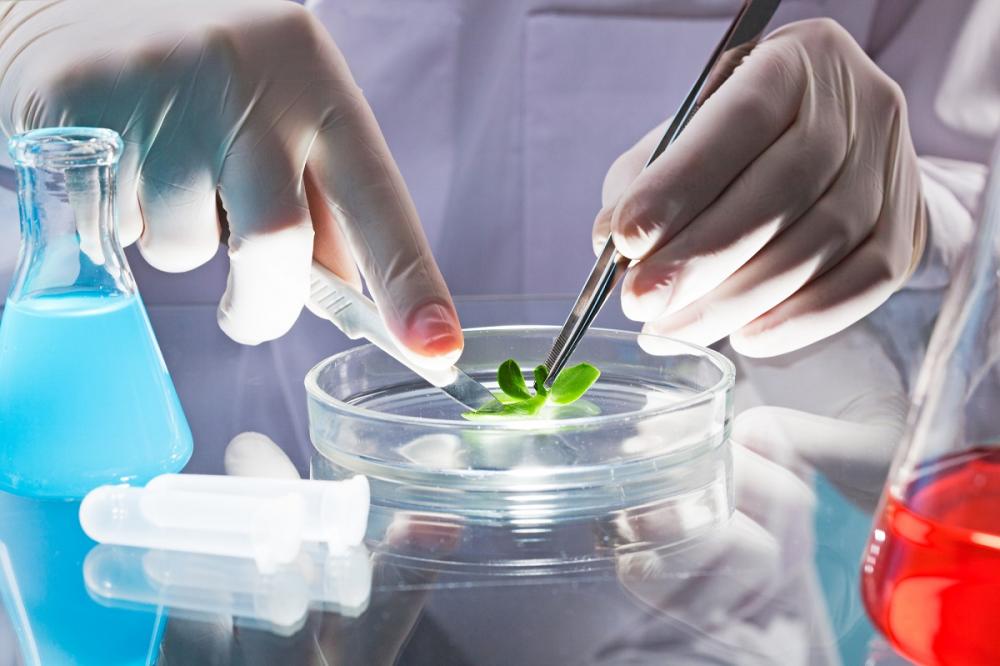With the creation of these guiding principles, the Latin American Network is now on par with major international forums, such as the International Advisory Council on Global Bioeconomy and the G20, which have advanced in creating bioeconomy guidelines.

San José, 7 August 2024 (IICA) – The Latin American Bioeconomy Network, composed of more than 60 institutions from ten countries and with its Technical and Executive Secretariat managed by the Inter-American Institute for Cooperation on Agriculture (IICA), has established guiding principles to develop bioeconomy in the region.
This is a key advancement for the Network, launched in July 2023 in Buenos Aires, which includes major national and regional actors and serves as a forum for discussion, coordination, and the development of bioeconomy. This constitutes a significant opportunity for the region to pursue a development model based on the sustainable use of its natural resources.
With the creation of these guiding principles, the Latin American Network is now on par with major international forums, such as the International Advisory Council on Global Bioeconomy and the G20, which have been working on bioeconomy guidelines. The decision reflects the consensus on the need for governments, academia, the private sector, and cooperation organizations to have guidelines to direct their strategies, policies, and investments for bioeconomy in the region.
These agreed-upon guiding principles are highly useful for attracting cooperation to Latin America and the Caribbean and positioning the region among the leading global bioeconomy hubs. They revolve around seven major pillars:
– Definition: The region does not have a single definition of bioeconomy, but the different approaches share at least five common elements: conservation and valorization of biodiversity and biomass; incorporation of science, technology, and innovation, including ancestral knowledge; value addition and circularity; promotion of environmental sustainability; and social inclusion in rural areas.
– Purpose: Countries and territories in the region should promote bioeconomy, given its proven economic, environmental, and social impacts and its support for the One Health approach, which acknowledges the link between human, animal, and ecosystem health.
– Requirements: Latin American and Caribbean countries and territories demand that their bioeconomies promote sustainability, enhance food and nutritional security, respect local values and cultural diversity, and ensure the sustainability of biodiversity and equitable distribution of benefits, among other points.
– Governance: The processes for developing, implementing, and managing bioeconomies must involve all stakeholders, considering cultural diversity as well as the visions and needs of minorities and vulnerable populations.
– Foundations: Latin America and the Caribbean should build their bioeconomies based on their comparative advantages, such as the availability and potential of biological resources, technical capabilities, scientific-technological developments, and local knowledge.
– Responsibilities: Building bioeconomies is a joint task of governments, the private sector, academia, international cooperation organizations, and consumers. Each actor has duties and responsibilities to promote competitive, sustainable, and inclusive bioeconomies.
– Science, Technology, and Knowledge: These three elements should promote the sustainable use of regional resources, processes, and biological principles and become platforms for constructing the region’s bioeconomies.
Diverse stakeholders
The stakeholders of the Latin American Bioeconomy Network include ministries and secretariats (of Environment, Agriculture, Economy, among others), research centers, universities, and associations from Argentina, Brazil, Colombia, Costa Rica, Uruguay, Ecuador, Mexico, Bolivia, Chile, and Paraguay.
International organizations involved include, among others, the Inter-American Development Bank (IDB), UNESCO, the BIOFIN Initiative of the United Nations Development Programme (UNDP), the Stockholm Environment Institute (SEI), the Global Green Growth Institute (GGGI), and the Tropical Agricultural Research and Higher Education Center (CATIE), in addition to IICA.
These guiding principles were developed through a participatory process. The first step was IICA’s analysis of principles from other international forums and institutions, such as the G20 Bioeconomy Initiative and the International Advisory Council on Global Bioeconomy, which includes 25 leading experts in global bioeconomy. Based on the collection of key topics, IICA gathered the views and positions of Network members through surveys and working meetings to finalize the product.
Network members hope that the guiding principles will serve as a framework to direct efforts in the region regarding bioeconomy. To date, six Latin American countries (Costa Rica, Colombia, Ecuador, Brazil, Mexico, and Uruguay) have formulated and launched national strategies. Additionally, more than 18 countries have regulatory frameworks and regulations on topics such as biotechnology, biofuels, bioinputs, and ecosystem services. For them, the guiding principles of bioeconomy developed by the Network may be useful for implementing strategies and policies in local projects. In countries and territories where discussions on bioeconomy are just starting, the guiding principles will help guide their dialogue and development processes.
The complete guiding principles developed by the Latin American Bioeconomy Network are available at:
http://repositorio.iica.int/handle/11324/22677
More information:
Hugo Chavarría, Gerente del Programa de Innovación y Bioeconomía del IICA.
hugo.chavarria@iica.int











